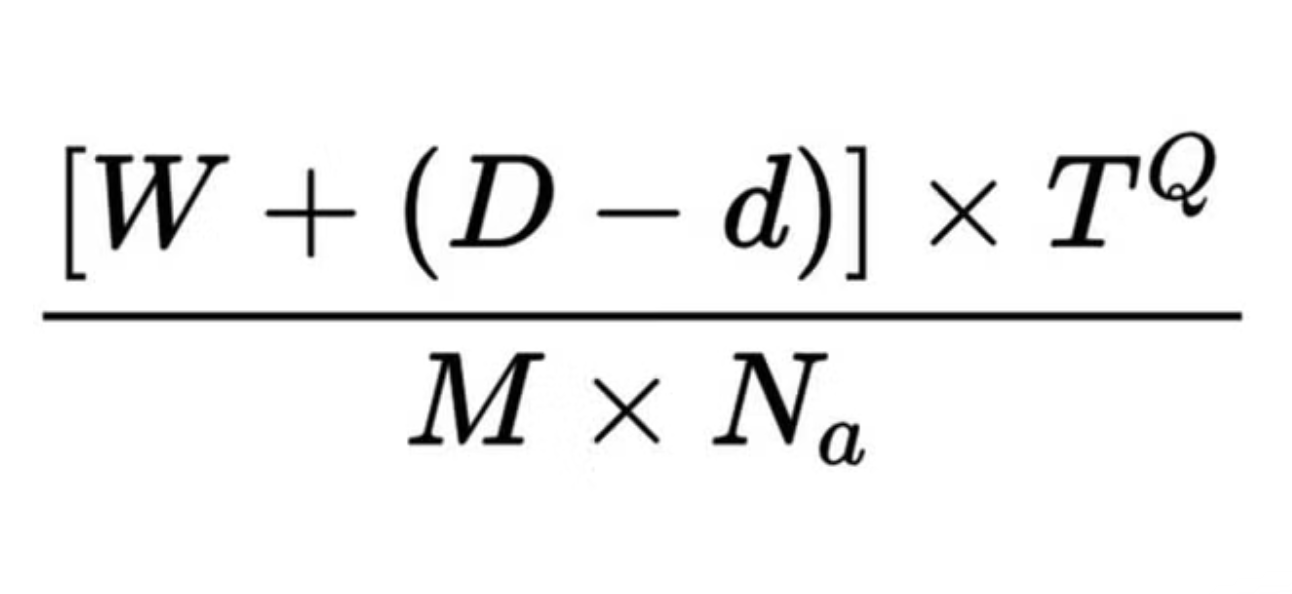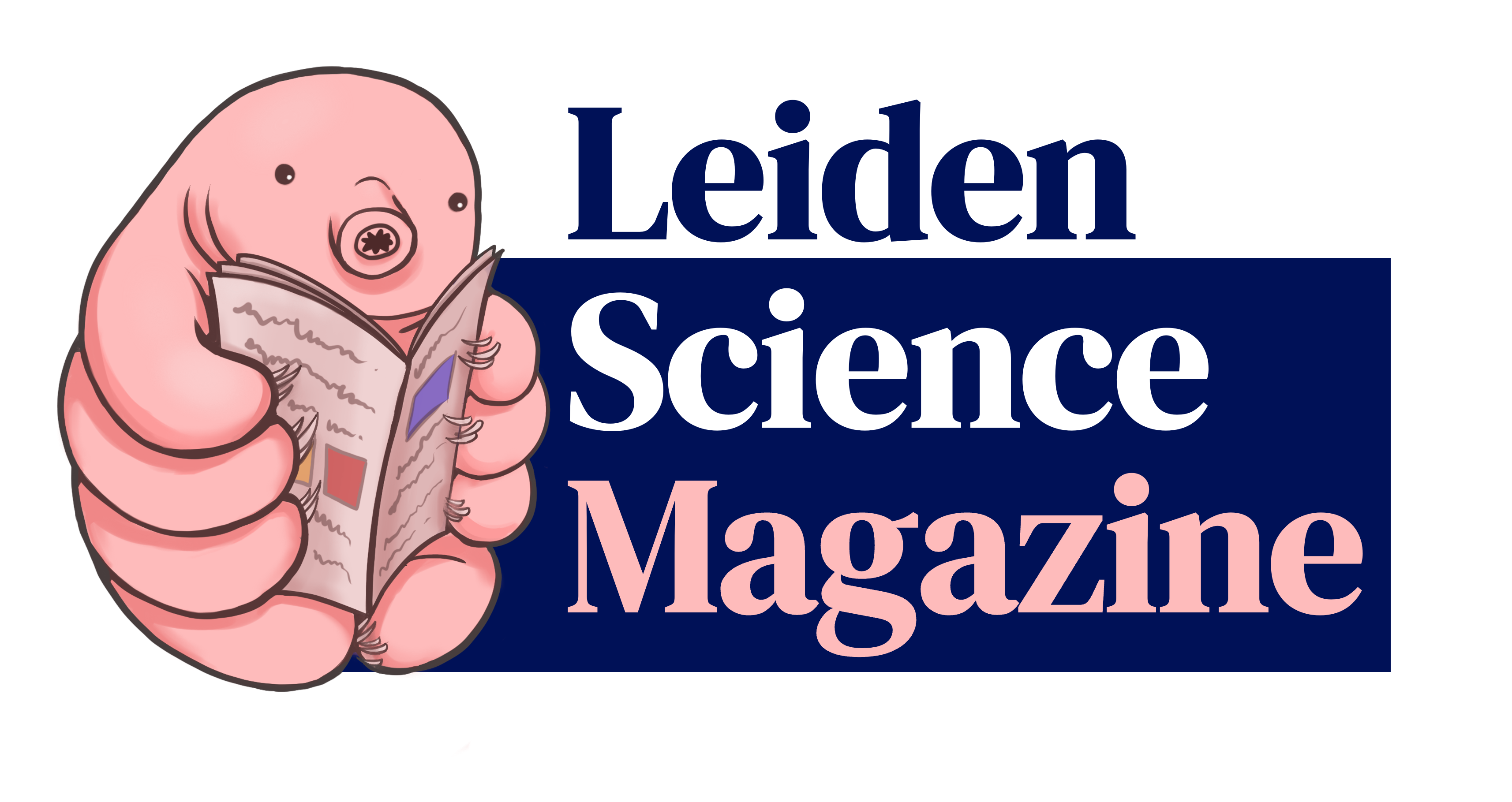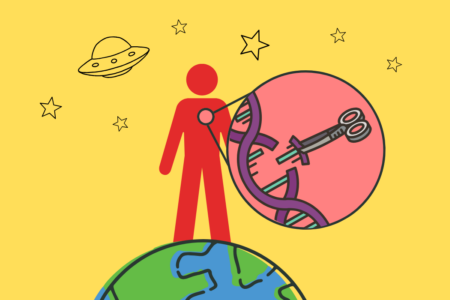Why January sucks
New Years resolutions or not, the month of January is not the best time of the year for everyone. Why is this so? And what does science say?
This is the very scientific formula for calculating the date of the notorious Blue Monday, the so-called “worst day of the year”.

Where
W = the weather
D = the debts
d = the monthly salary,
T = the amount of time since Christmas
Q = how well people are keeping to their New Year’sResolutions
M = level of motivation
Na would be “the feeling of taking action”.
Like any good scientific formula, this one does not come with any units except for the obvious ones (i.e. days and money value), and was designed purely as a marketing strategy.
Even though this theory, and especially the formula, has been criticized over and over again, I was wondering if there was maybe some truth to it. Because over the past month I’ve seen and felt a lot of sentiments about January, and about how much it sucks. From the social media posts to the Jumbo commercial, and from my own sentiment of just not wanting to do anything, I was wondering what got us feeling like this, and if there was a way to avoid feeling so blue.
January blues
So naturally, I opened up google and searched for “Why January sucks”, and immediately got overwhelmed by a large amount of articles listing reasons for this and which, to be fair, all sounded truly relevant. However, I wanted to see if there was actual scientific reasoning behind this concept . So, my next step was to open up the ol’ trusty Google Scholar and to search for different variations of “January” and “Bad”, and the only thing I got was “The January Effect”, an economic principle about “abnormally high rates of return on small-capitalization stocks that continue to be observed during the month of January” which sounds interesting as well, but this wasn’t enough to satisfy my curiosity of “Blue Monday”, so I continued to research the separate factors from the formula, starting with the weather.
I found a very interesting paper: A Warm Heart and a Clear Head: The Contingent Effects of Weather on Mood and Cognition. In this paper they went through several articles and conducted their own research on the correlation between weather and mood. The results weren’t really that conclusive, but it did seem to point to the idea that being outside for 30 minutes and it being around 20 degrees Celsius without being too cloudy seemed to generally improve people’s mood. So I guess the weather can be a little bit of a factor, but unfortunately we cannot control the weather, so this doesn’t help us solve the January Blues. This research did however, explained that being outside in general does improve our mood, so we can take this piece of advice with us.
Debts
The debts and monthly salary are relative to each person, and don’t seem all too relevant to finding a date that everybody feels the worst on. But I think that no scientific research needs to be done to know that being in debt doesn’t really help improve your mood. According to this research, the holidays only have a positive effect when people are effectively taking rest and when they don’t have a lot of open tasks. Effectively taking rest is difficult, especially since there are no real guidelines about helping people with this. Nonetheless, Saundra Dalton-Smith seems to have described 7 types of rest in her book; these are emotional, physical, mental, creative, spiritual, social and sensory rest. Now, rest doesn’t per se mean not doing something, but more the opposite of what you would usually do. If you sit down a lot, then you should get up and move your body. If you don’t do a lot of creative stuff in your daily life, then you could go draw or write or build a sims house, or something else which feels creative to you. And maybe you don’t need certain types of rest a lot, but it’s still good to keep these different types in mind.
Fresh
Then we have three factors left; Q, M and NA, which to me are all very closely related, and also one of the reasons I believe January sucks: the “New Year’s Resolutions” and the pressure that we put upon ourselves to follow through with them. “The Fresh-Start Effect” coined by Hengchen Dai et al. is an effect which causes people to want to start over after certain important timepoints, such as their birthday and also New Years. This is something truly great, but research suggests that it takes about 66 days to form a habit, which most people are not able to make.
I believe that this has to do with people wanting to immediately dive into achieving their goal, instead of making small steps to eventually build up to their goal. Going from one lifestyle to a completely new one within one day is unsustainable, and doesn’t give you time to adjust. I also believe that the fresh-start effect can be very negative, since as soon as you feel like you have failed to do so, you immediately stop and wait for the next “fresh” moment. But no success is ever achieved without failure along the way. If you instead get back up and try again with your small goal you have a way bigger chance of actually reaching your big goal.
In conclusion, the formula has some truth to it, but it definitely isn’t the way to determine the worst day of the year. But we still know a bit better how we can get through the month of January: set small goals, go outside and don’t be afraid to fail. And also, a little more uncontrollable factors, don’t be in debt and find a way to control the weather. January is almost over, which means you made it through the month, but this advice is also coming to you a little bit late – Sorry, the January Blues and all… On a more positive note, you can use this article for next January, and better prepare your new “fresh” start for the year.






0 Comments
Add a comment